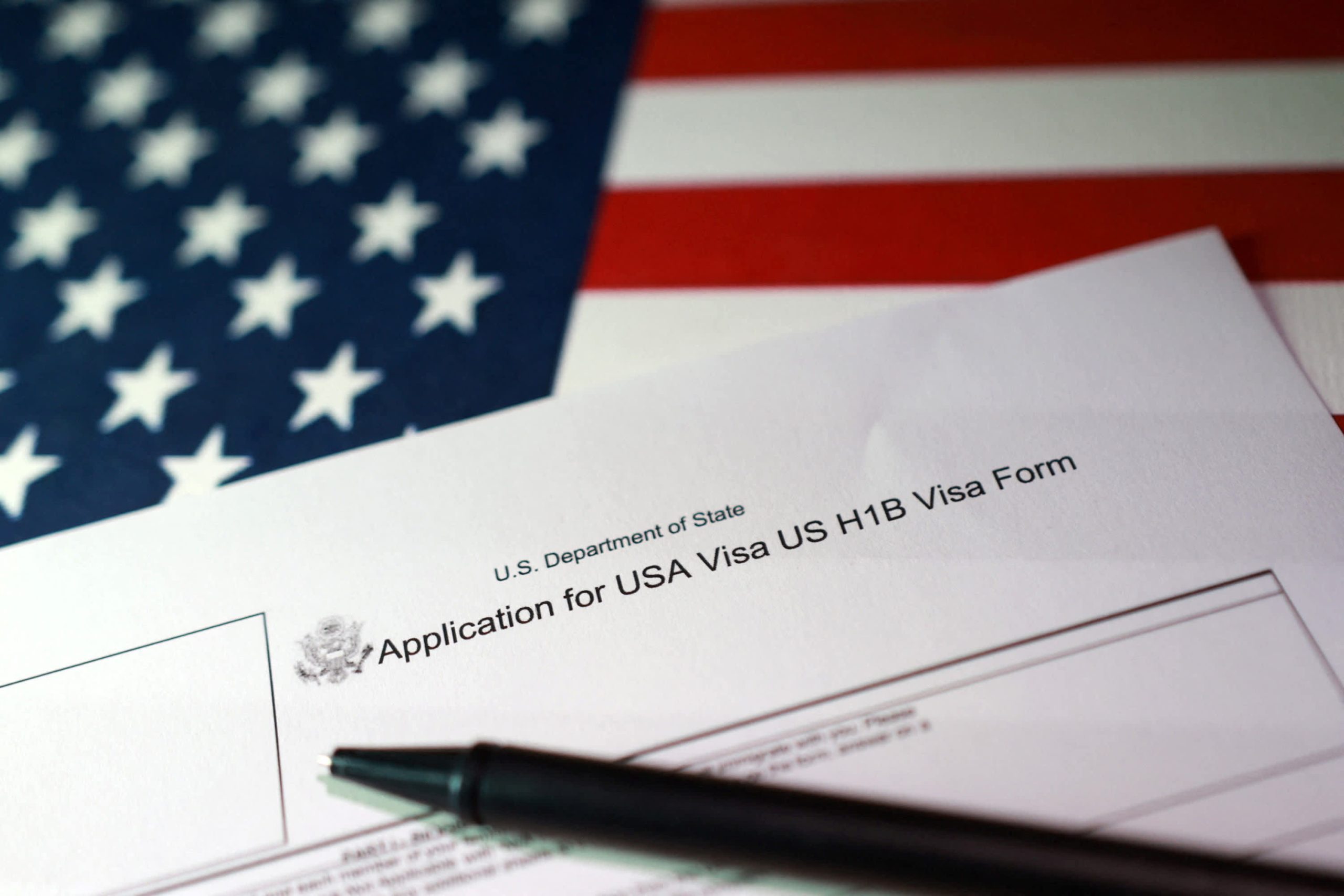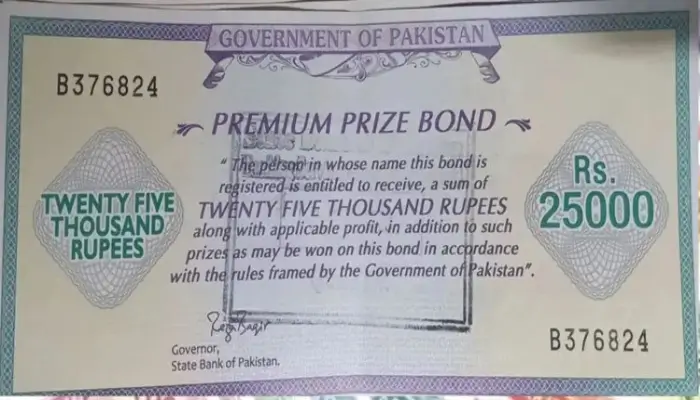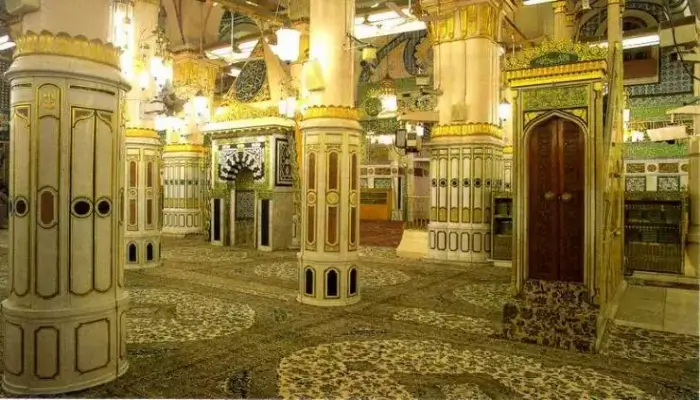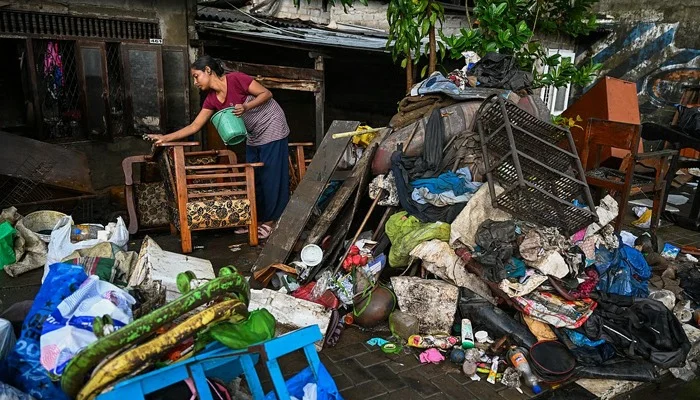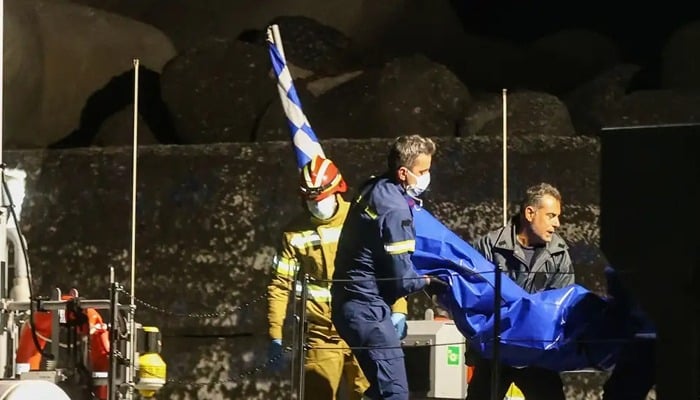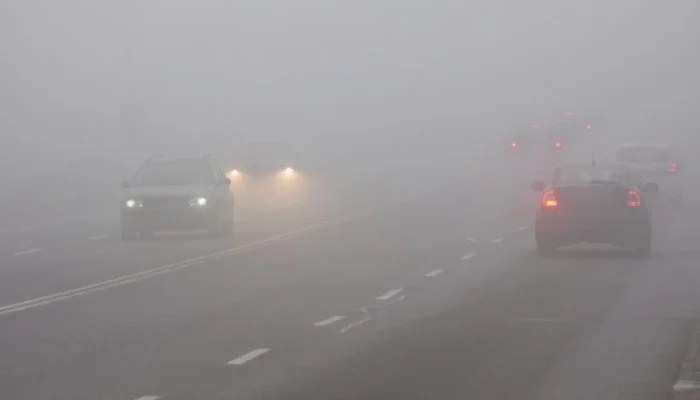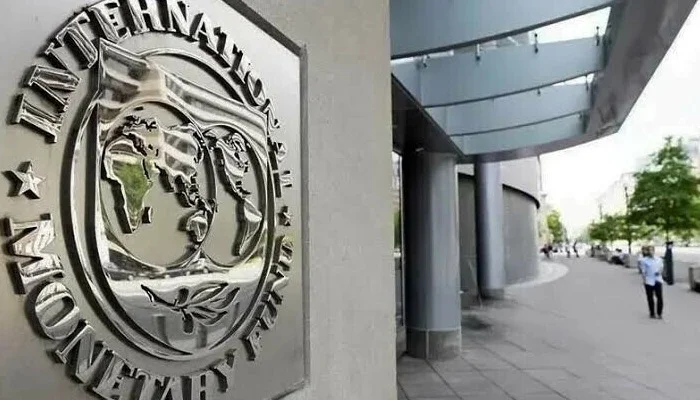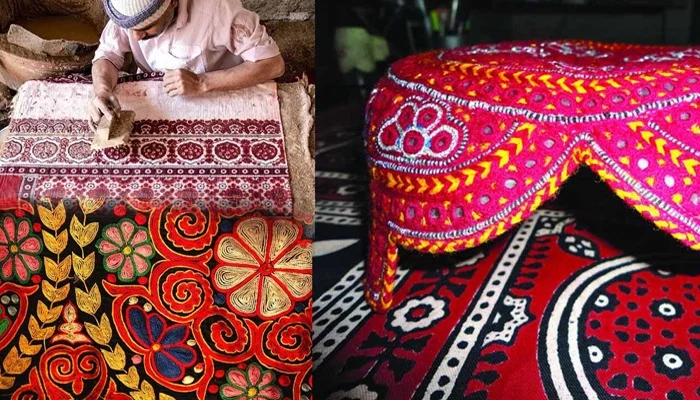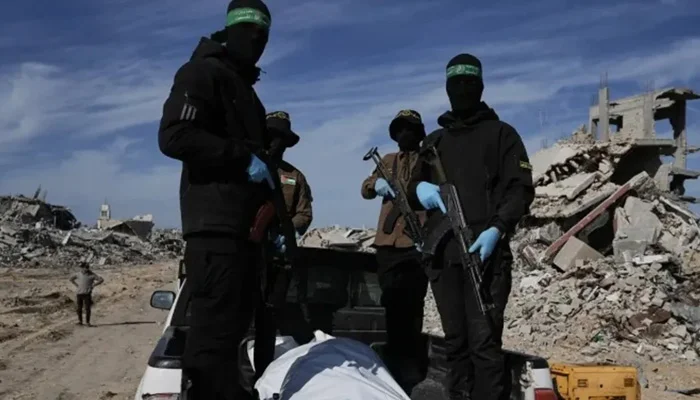A coalition of unions, employers, and religious groups has filed a lawsuit to block President Donald Trump’s recent proclamation imposing a $100,000 fee on new H-1B visas for highly skilled foreign workers. The legal challenge, filed in federal court in San Francisco, marks the first effort to contest Trump’s attempt to further tighten immigration rules.
The plaintiffs include the United Auto Workers union, the American Association of University Professors, a nurse recruitment agency, and several religious organizations. They argue that the president lacks the authority to override existing laws governing the H-1B visa program, which allows U.S. employers to hire foreign professionals in specialty fields.
White House spokeswoman Abigail Jackson defended the administration’s actions, saying the fee aims to discourage companies from “spamming the system” and lowering American wages, while providing clarity for employers seeking top overseas talent.
Currently, employers sponsoring H-1B workers pay fees ranging from $2,000 to $5,000. Under Trump’s order, new H-1B recipients will be barred from entering the U.S. unless their employer pays the additional $100,000 fee. The order does not affect current visa holders or applications submitted before September 21.
Trump justified the proclamation by citing his authority under federal immigration law to restrict entry of foreign nationals harmful to U.S. interests. He claimed that the H-1B program’s lower-wage workers undermine its integrity, threaten national security, and dissuade Americans from pursuing science and technology careers.
The lawsuit asserts that the president cannot unilaterally impose such fees or alter the visa program’s statutory framework, a power reserved for Congress under the U.S. Constitution. Plaintiffs warn that the new fee structure could lead to selective enforcement and corruption, harming innovation and fair competition.
The H-1B visa program annually issues 65,000 visas to specialized temporary foreign workers, plus 20,000 more for advanced degree holders. India remains the largest beneficiary, receiving 71% of approved visas last year, followed by China at nearly 12%.

